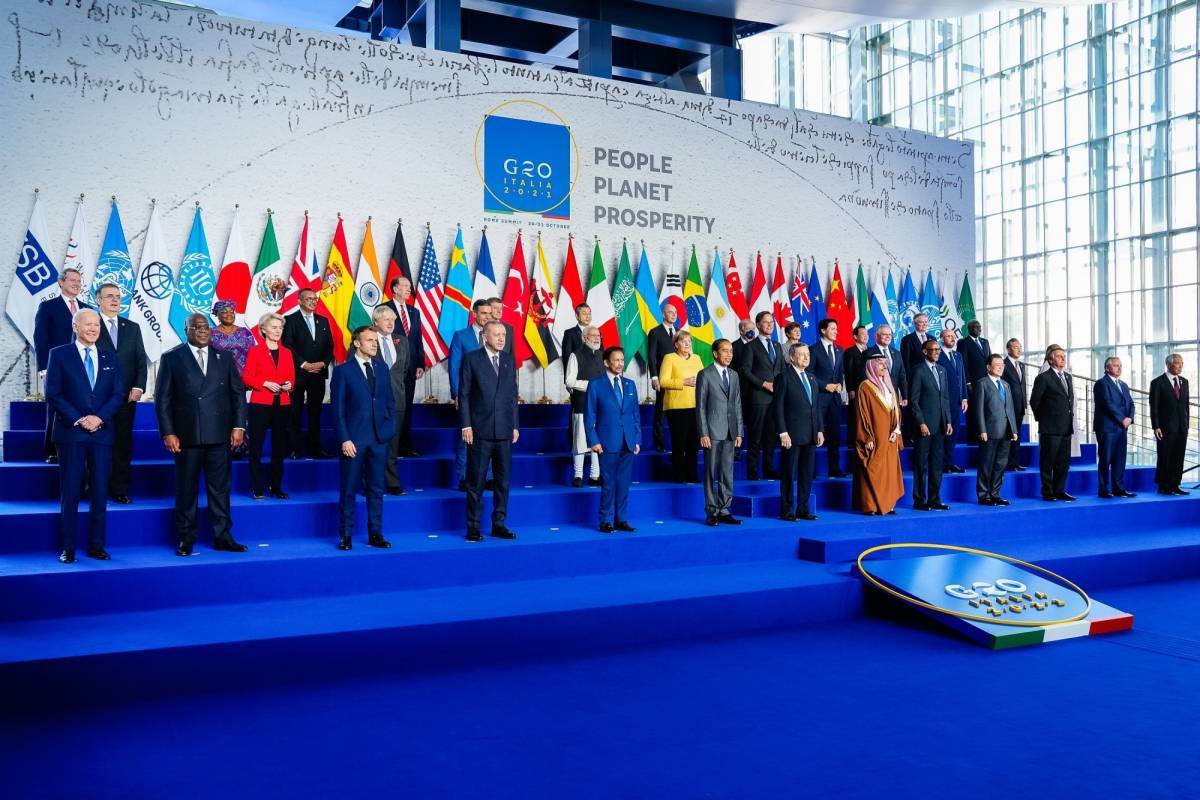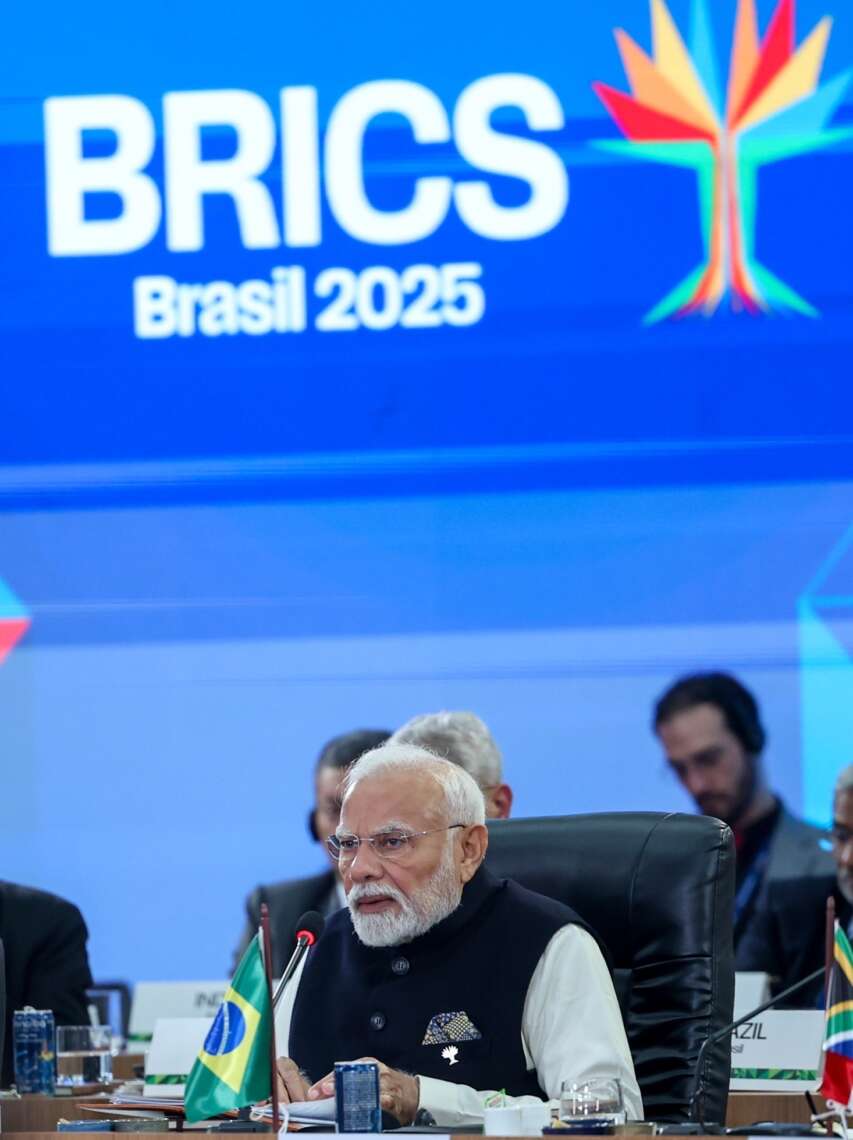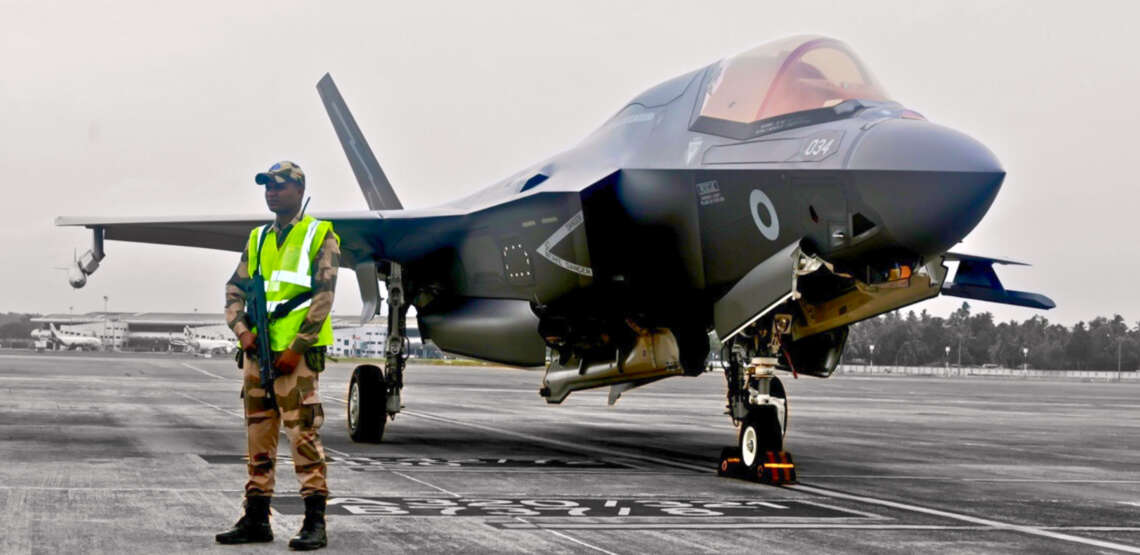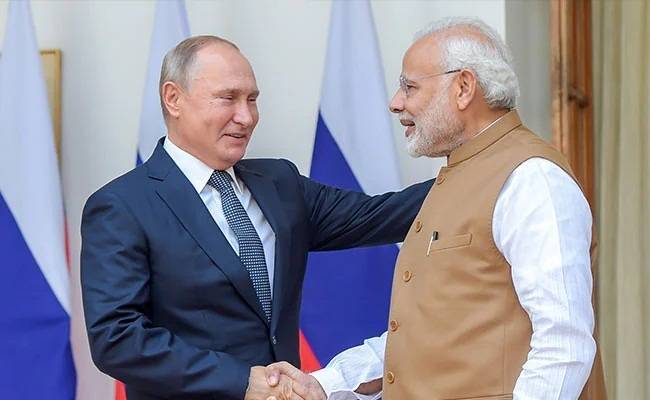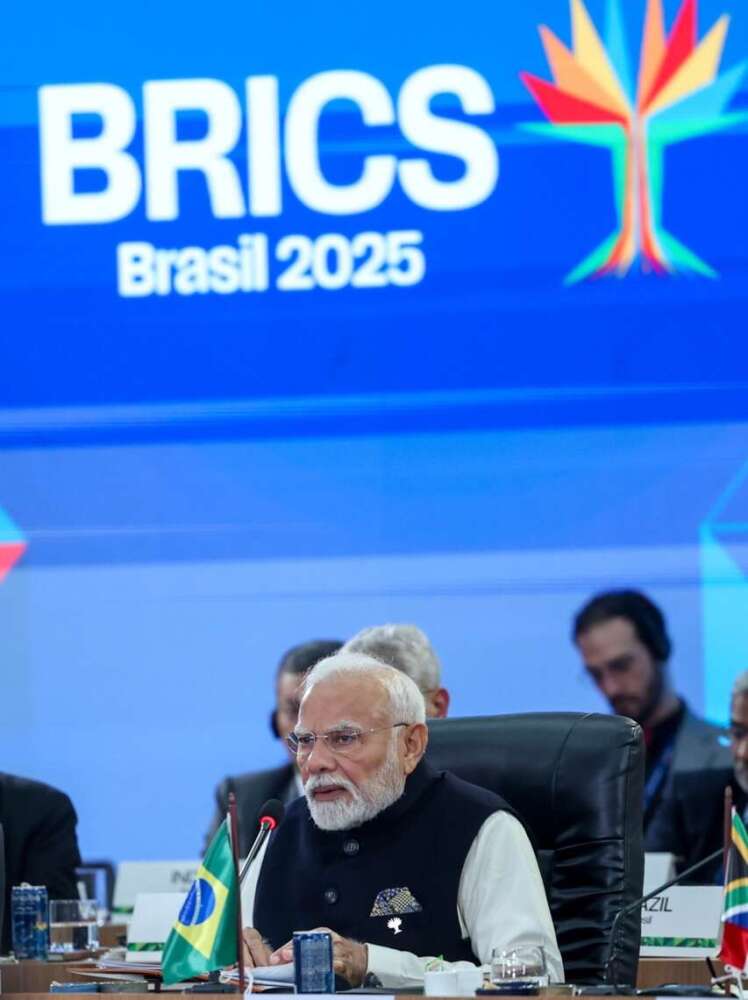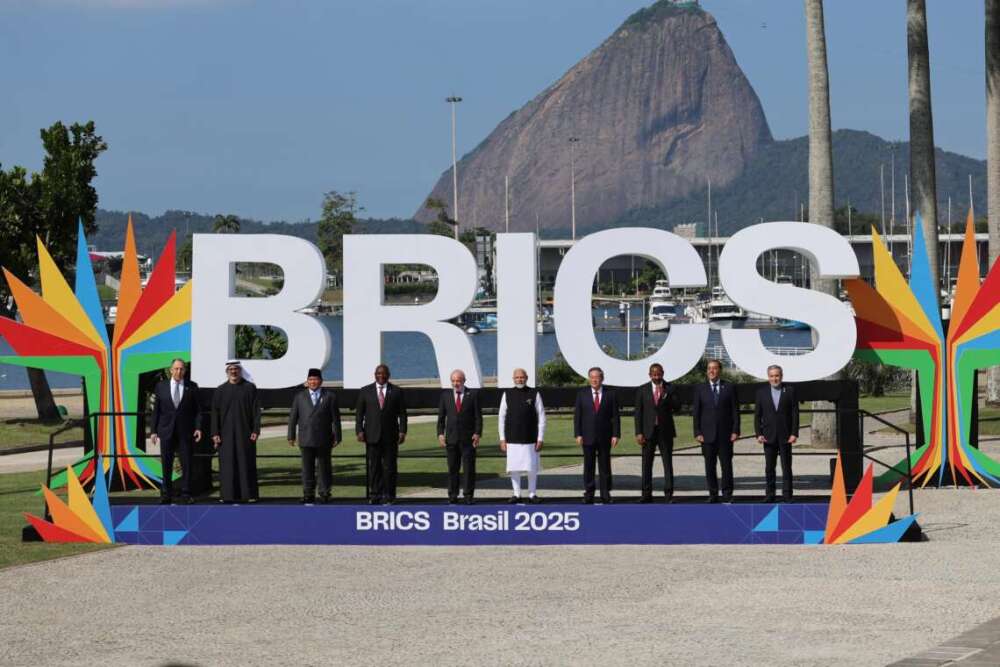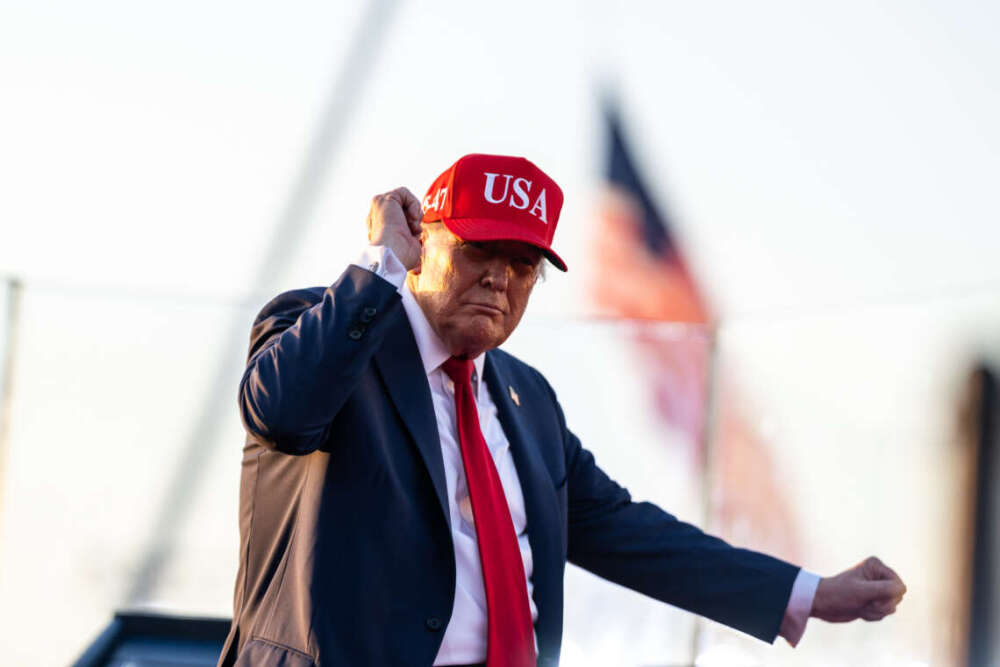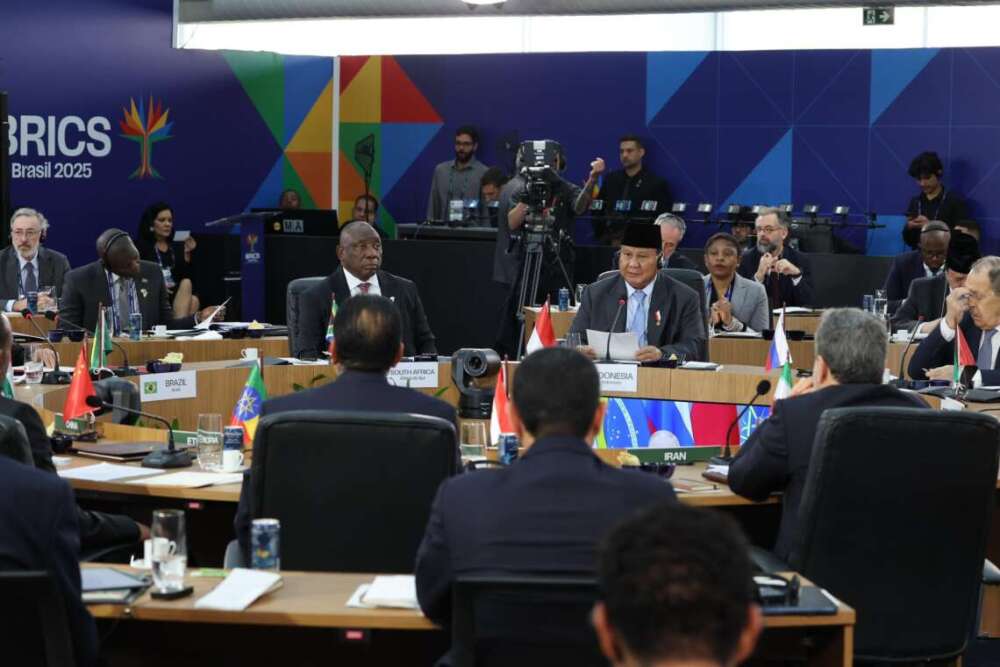India will take over after twice swapping the presidency of the G20, first with Italy in 2021 and then with Indonesia in 2022…reports Asian Lite News
India will assume the presidency of the G20 from December and host the summit of leaders of the world’s twenty largest economies in New Delhi during September 9-10, 2023.
India is set to take over the presidency of G20 for a year from Indonesia, which is set to host the leaders’ summit in November. The country will hold the presidency from December 1, 2022 to November 30, 2023.
Under its Presidency, India is expected to host more than 200 preparatory and other meetings across the country, beginning in December this year. An exercise is already underway to identify suitable venues in places ranging from Tamil Nadu to the Union Territory of Jammu and Kashmir for hosting these meetings.
India will take over after twice swapping the presidency of the G20, first with Italy in 2021 and then with Indonesia in 2022.
“The G20 Leaders’ Summit at the level of Heads of State [or] Government is scheduled to be held on 09 and 10 September, 2023, in New Delhi,” the external affairs ministry said in a statement on Tuesday.
Indonesia has invited both the Russian and Ukrainian presidents to the G20 Summit to be held in Bali during November 15-16. Russia’s presence in preparatory meetings this year has already led to some tensions with other member states.
The Group of Twenty is an intergovernmental forum of the world’s major developed and developing economies. It comprises 19 countries – Argentina, Australia, Brazil, Canada, China, France, Germany, India, Indonesia, Italy, Japan, South Korea, Mexico, Russia, Saudi Arabia, South Africa, Turkey, the UK and the US – and the European Union (EU).
Collectively, the G20 accounts for 85% of the global GDP, 75% of international trade and two-thirds of the world population, making it the premier forum for international economic cooperation.
India is currently part of the G20 Troika, which comprises the current, previous and incoming G20 presidencies and includes Indonesia, Italy and India. During its presidency, the troika will include India, Indonesia and Brazil. This will be the first time that the troika will consist of three developing countries and emerging economies, “providing them a greater voice”, the statement said.
The G20 includes the finance track, with eight work streams – global macroeconomic policies, infrastructure financing, international financial architecture, sustainable finance, financial inclusion, health finance, international taxation and financial sector reforms.
It also includes the Sherpa track, with 12 work streams – anti-corruption, agriculture, culture, development, digital economy, employment, environment and climate, education, energy transition, health, trade and investment, and tourism.
There are 10 engagement groups of private sector, civil society and independent bodies that focus on areas such as business, civil issues, labour, parliament, science, audit institutions, urban issues, and women’s and youth issues.
There is a tradition of the G20 presidency inviting guest countries and international organisations to its meetings and summit. In addition to regular international organisations such as the UN, IMF, World Bank, WHO, WTO and ILO and chairs of regional organisations such as ASEAN, India, during its presidency, will invite Bangladesh, Egypt, Mauritius, Netherlands, Nigeria, Oman, Singapore, Spain and the United Arab Emirates as guest countries.
India will also invite the International Solar Alliance, Coalition for Disaster Resilient Infrastructure and Asian Development Bank as guest international organisations.
While India’s G20 priorities are being firmed up, ongoing conversations revolve around inclusive, equitable and sustainable growth, LiFE or Lifestyle For Environment, women’s empowerment, digital public infrastructure and tech-enabled development in areas such as health, agriculture, education and tourism, climate financing, global food security, energy security, fight against economic crimes and multilateral reforms, the statement said.
ALSO READ-G20 countries to introduce assessment tool for disabled people


